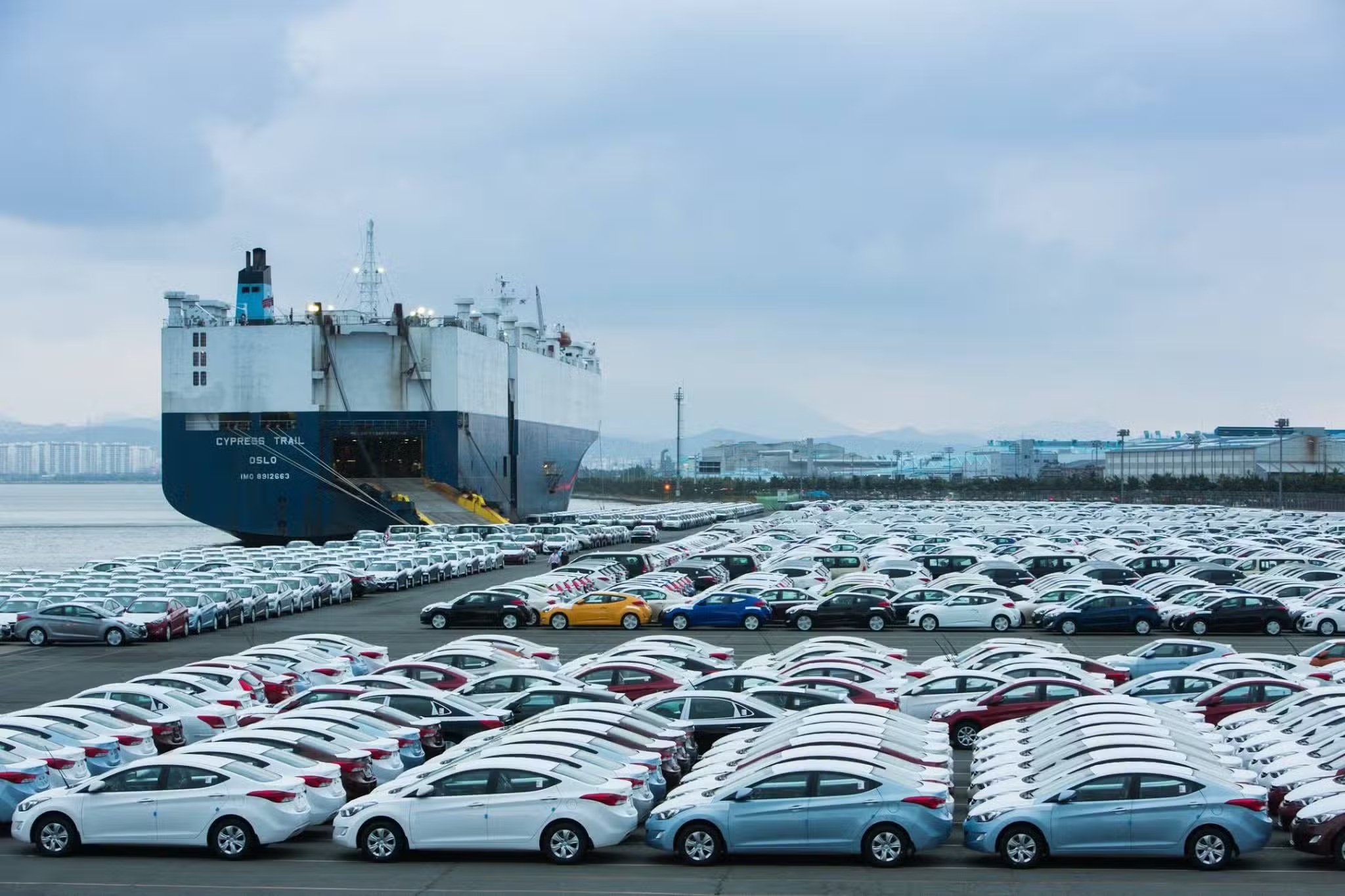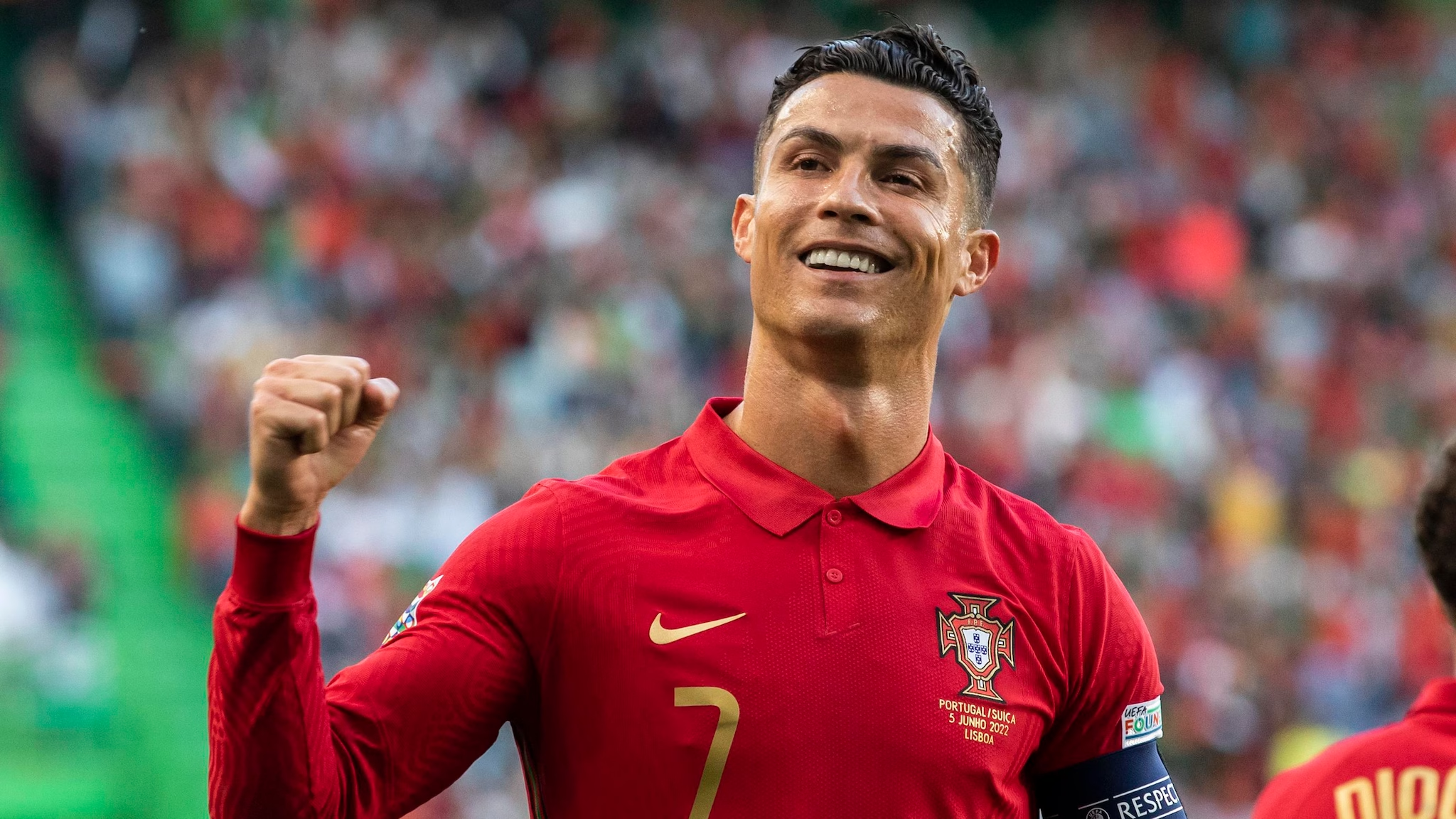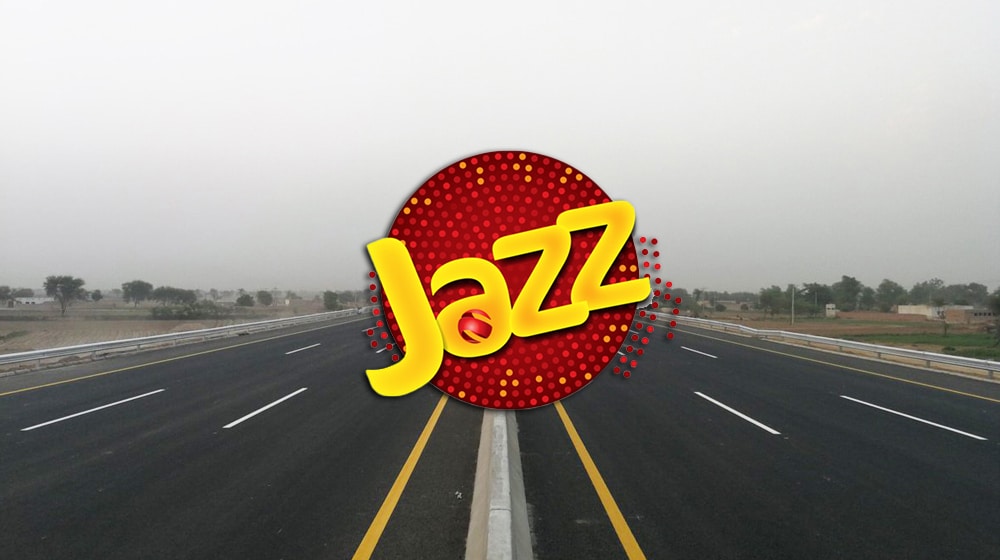The government has announced that accidental and low-quality used cars will no longer be allowed into Pakistan, while imposing a 40% tariff on commercial imports of used vehicles starting next month. Officials say the move is designed to protect the local auto industry, but consumers are unlikely to see any immediate relief in car prices.
The policy decision was unveiled during a joint meeting of the Senate Standing Committees on Finance and Industry. Joint Secretary for Trade Policy Mohammad Ashfaq told lawmakers that the government, under commitments made to the International Monetary Fund (IMF), will apply tariff protection equivalent to 40% of the price of new cars.
Currently, commercial imports of used cars are banned. Around one-fourth of market demand is met through imports under transfer of residence, baggage, and gift schemes—often consisting of mildly accidental vehicles but still preferred by consumers over locally assembled cars. The government has yet to decide whether these schemes will continue once commercial imports are formally permitted.
IMF Commitments
As part of its $7 billion IMF bailout, Pakistan has agreed to gradually open the auto sector to imports. From September 2025, commercial imports of used vehicles up to five years old will be allowed, with all age and quality restrictions to be lifted by July 2026.
The 40% tariff will then be phased out over four years, enabling the import of older six- to eight-year-old vehicles. To address environmental concerns, officials said new standards will be introduced alongside this liberalisation.
READ MORE: India Warns Pakistan of Potential Floods Despite Treaty Suspension
Pakistan is also obligated under the IMF program to reduce its average tariff rate by 52%, from 20.2% to 9.7% within five years. In the first year (FY26), the average tariff will fall to 15.7%, with customs duty cut to 11.2%, additional customs duty to 1.8%, and regulatory duty to 2.7%. Additional and regulatory duties will be phased out completely within four to five years, while exemptions will be eliminated. The tariff structure will eventually be simplified into four slabs with a maximum rate of 15%.
Local Industry Pushback
The Pakistan Automotive Manufacturers Association (PAMA) and the Pakistan Association of Automotive Parts and Accessories Manufacturers (PAAPAM) have launched strong lobbying efforts against the IMF-driven liberalisation. Both associations warned the Senate committee that reducing tariffs could undermine domestic production and threaten jobs in the local industry.
Currently, the auto sector operates under the Auto Policy, with customs duties as high as 35%. These protections will begin phasing out on July 1, 2026.
Consumers Left Waiting
Analysts say the policy reflects Islamabad’s delicate balancing act between IMF conditionalities and local industry pressure, leaving consumers caught in the middle.
For now, the ban on accidental cars and the imposition of a 40% tariff on imports mean car prices in Pakistan are unlikely to come down in the near future—despite the gradual liberalisation roadmap.



